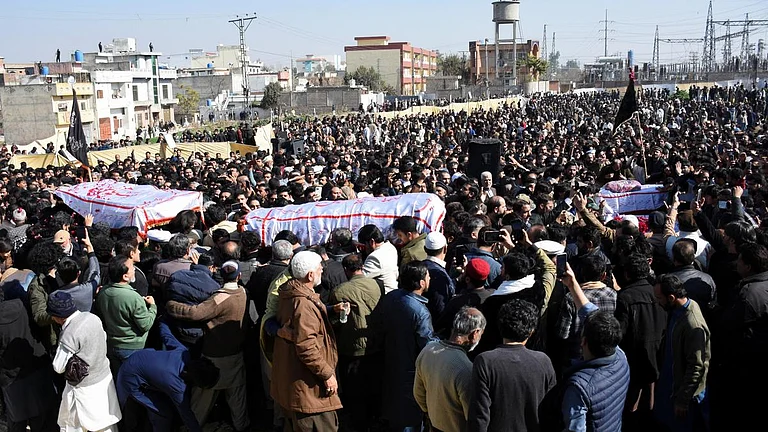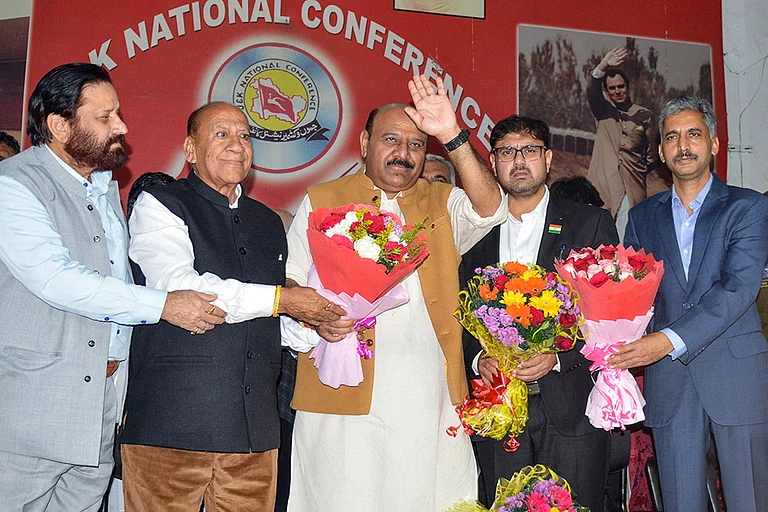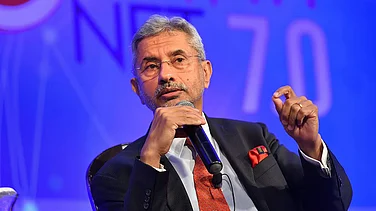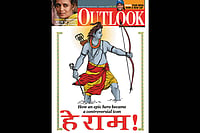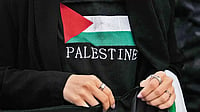The pro-Indian government militia, Ikhwan-ul-Muslimeen—that targeted Pakistan-backed militants in Kashmir—was launched in 1993 by popular folk singer-turned militant Kuka Parray, after his surrender to Indian security forces. Soon, the methods they used began to be questioned, as they too began facing accusations of human rights violations similar to those adopted by militants.
“Kuka Parray was a prized asset, not only because he could do the dirty job for the army, but also because he was the only one to provide a breakthrough in a war India seemed to be losing—or at best, not winning—in Kashmir,” says an army officer who had served in Kashmir till 1997.
A 1998 Human Rights Watch report described Ikhwan as being responsible for grave human rights abuses, including executions, “disappearances”, torture and illegal detention. “Although the Indian government routinely denies any responsibility for the actions of these groups, they are organised and armed by the Indian Army and other security forces, and operate under their command and protection. The government uses the groups principally to assassinate and intimidate members of militant organisations and political groups, especially the banned pro-Pakistan party Jamaat-e-Islami,” the report reads.
Parray started his own political party, Awami League, in 1996, and successfully contested the state assembly polls, widely accused of being “contrived”. The party was formally dissolved after it was recently de-registered by the Election Commission.
One of the cases still pursued by the police against Ikhwan is of seven people executed in Saddar Kote Bala area of Hajin in north Kashmir on October 5, 1996. The last one heard of the case was in 2019, when police arrested one Ikhwan member, who had “evaded” arrest since 1996 in connection with the killings of seven people, including four members of the family of survivor Ghulam Qadir Dar.
The gunmen then entered another house, killing a Saif-ud-Din, before rushing into the house of Ghulam Rasool Dar, killing him too. Both were stone masons. According to Dar, Ikhwan killed them because they voted for the National Conference.
The police registered an FIR and named nine Ikhwan gunmen as accused. “During the investigation, efforts were made to arrest the accused, but they were working with Ikhwan and… the police faced a lot of difficulties to arrest them,” the police said in response to a court direction in November 2015.
That same year, human rights lawyer Parvez Imroz filed a petition in the high court, seeking an investigation into the FIR. As the court kept passing directions to the police, the latter informed the court that only three of the nine accused are alive, while the rest have been killed.
(This appeared in the print edition as "Gunslingers In The Valley")





